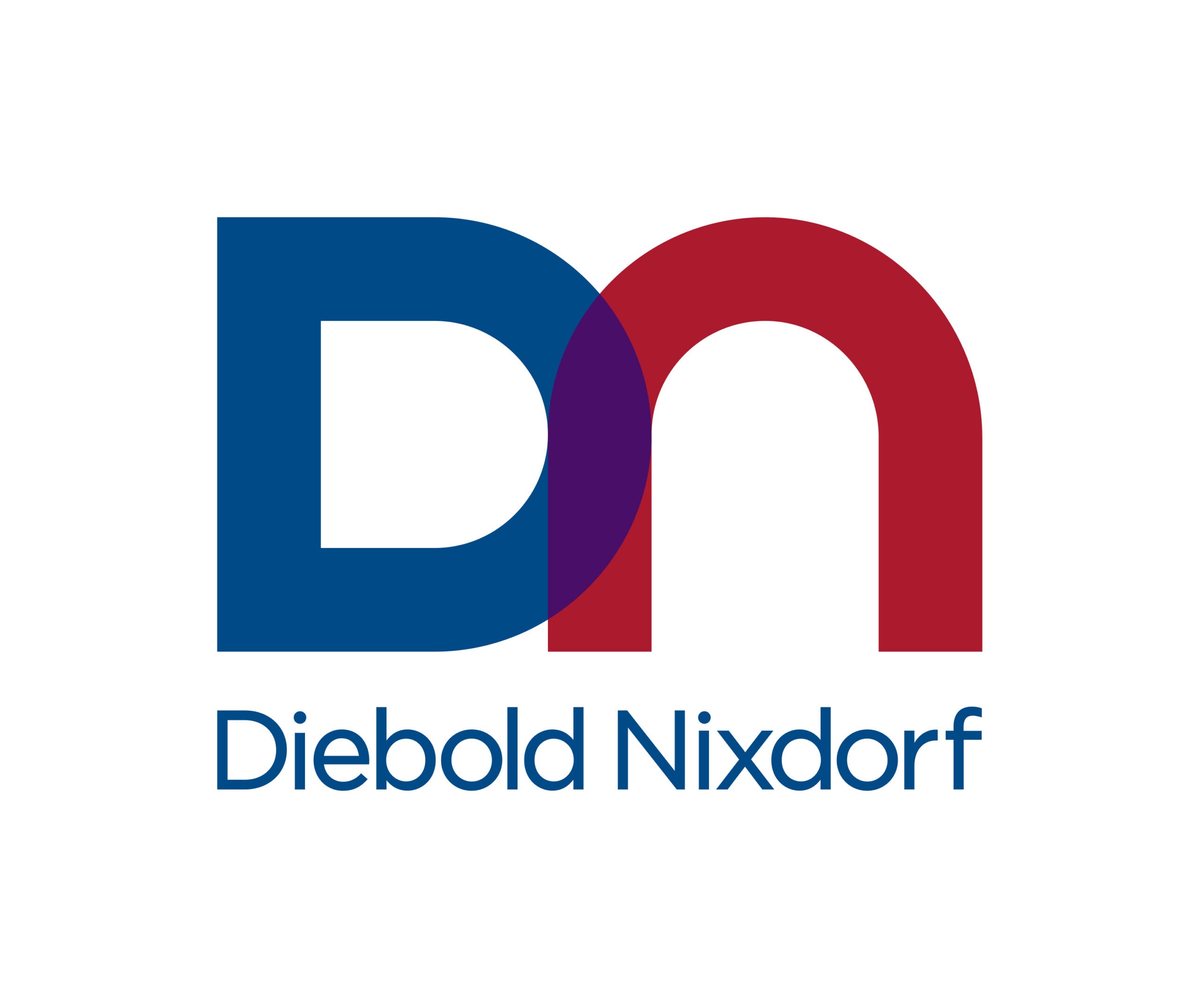
Strong partnerships deliver strong results across every sector, and the payments arena is no exception. As financial institutions (FIs) move to replace their existing core banking and payment systems and modernise, they no longer want a traditional customer-supplier relationship, but one built on partnership.
And for the banks and other financial service providers ready to embrace the future of payments, a new yet familiar technology partner has entered the market and is already making some key partnerships with big-name clients. Electronic Payments spoke to Michael Engel, Managing Director & VP Payments at Diebold Nixdorf, to find out more.
A natural progression
Best known for its ATMs, Diebold Nixdorf (DN) found it had the perfect foundations with which to branch into the payments arena. “The ATM networks run on the card rails. Consumers expect to withdraw, deposit, and pay bills successfully 24/7,” explains Engel. “But the card authorisation system has been around since the early 70s, and many of the systems used to process cards have not changed since, or if they have it’s only been with band aid updates to their existing legacy technology.”
Over the years, DN customers expressed the need for innovation and faster time to market, therefore the entire payments infrastructure to be modernised. “They needed a solution that is free of technology debt, legacy and silo restrictions and could support their need to implement market requirements and business changes at speed and scale. We partnered with them to develop a system that would meet these needs and help them scale,” says Engel.
The company started this operation with its first generation of mission-critical transaction processing and routing solutions. After multiple evolutions, Diebold Nixdorf now has one of the first cloud-native payments solutions on the market.
Vynamic Payments helps FIs leapfrog legacy infrastructure and power future value-added services. It deploys an approach that allows FIs to begin taking advantage of the fast and low code combination of micro-services and the elastic cloud-based operations capabilities while modernising critical operational components in parallel to quickly advance their technology roadmap and become more agile.
Looking back on the journey, Engel believes it was natural. “Inevitably, we got into payments because our customers believed in our know-how, our technology stack and our experience and capabilities in highly scalable and resilient transaction processing. They wanted to partner with us to develop an outstanding software technology that would be supported by our strong professional services and engineering talent and allow them to focus on the consumer, not IT.”
Delivering results
So far, Diebold Nixdorf has announced partnerships with two FIs to enhance their payments processing, including one with a currently disclosed top-10 global financial institution and one with America First Credit Union.
Both partnerships started with terminal driving for the banks’ entire ATM fleets. The solution included an open API-based channel integration capability to create end-to-end customer journeys across all touch points, both digital and physical – starting a transaction on mobile or in the branch and finalising at the ATM.
“With America First, we are leveraging the ATM channel as an extension of, or replacement for, the branch and recognising new opportunities to reduce costs and drive efficiencies across the entire banking ecosystem,” explains Engel. “In addition, we are making it easier to add additional functionality such as cash-recycling and personalised marketing to members through the implementation of our API-based payments solution.”
Meanwhile, the top tier bank customer is using Diebold Nixdorf’s cloud-native technology to power the transformation of its legacy debit platform, resulting in operational efficiencies, automated delivery and deployment pipelines and some unique customer experiences. “With the implementation of our platform we are helping them to eliminate technical debt, we simplify how their systems connect and communicate and we provide in place of the legacy siloed monolithic applications now industry-proven enterprise-wide reusable payment services, for all consumer channels,” says Engel.
Building strong partnerships
With both projects huge successes, it’s clear that Diebold Nixdorf’s approach to building partnerships is achieving results for clients. The Vynamic Payments solution, although designed and developed for speed-to-market and continuous improvement, is not one-size-fits-all. This means that the planning stage, where detailed scopes of work are discussed, documented and evaluated for each phase, forms the key foundation of each solid partnership.
After that, Engel believes it’s DN’s phased approach which sets the company apart: “We understand that IT projects come with challenges and risk, and we try to minimise them every step of the way. We determine what will have the greatest impact and how to address it head on. Within each phase, we gradually introduced multiple new functionalities by building, validating, and automatically testing daily. Reuse of industry-grade service and a low code approach complement the reduction in risk and cost. Once approved, these functions are added to the master repository and deployed with automated testing and deployment processes to the on-premise or cloud environment for production.”
Settling on the phased approach, Diebold Nixdorf follows agile governance practices that include well-defined roles and responsibilities for all members of the continuous integration and continuous delivery team. Regular communication is essential in ensuring all parties are on the same page and that no detail falls through the cracks.
According to the CIO at the top tier bank, “partnership is essential. Both our teams need to work in parallel and be transparent when issues arise.” And it’s the trust and ability to work through those issues with clear objectivity that differentiates DN.
Continuous improvement
Listening to customer feedback and addressing it through future product development is the final, ongoing stage of the process. DN’s Customer Advisory Group is missioned to address clients’ needs, outlook into industry trends, and share the company’s forward-looking roadmaps.
“We incorporate and reflect our customers’ feedback into our product development cycle to ensure the priorities are addressed and delivered timely. With today’s complex regulation landscape, our product development is set to help our customers eliminate any mandates constraints, both traditional and upcoming such as PSD2 in EU and tokenisation in APAC,” explains Engel.
Meanwhile, as the pandemic accelerates the industry into a true omnichannel era, shifting the consumers’ transacting journey to mainly digital experiences, Diebold Nixdorf’s product development is well-positioned to help FIs support their consumers’ emerging needs.
It’s all part of the way the company provides valuable partnerships for its customers. According to Engel, Chad Lynch (ATM services manager at America First Credit Union) explained it well when he stated: “we want to pick a partner, not a vendor, that pulls us into the future and brings things to the table that maybe we didn’t even know about.”


